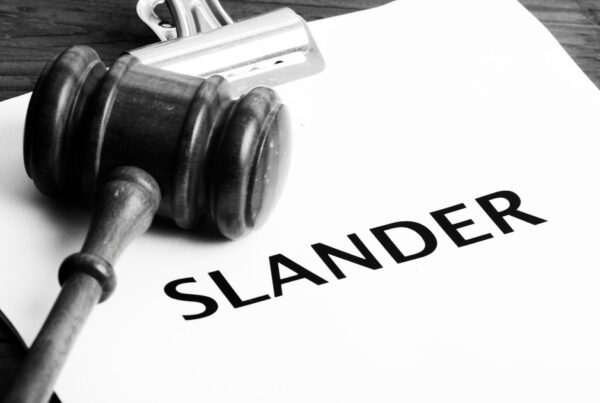In Florida, a partition action is a legal proceeding that allows a property’s co-owners to divide the property among themselves, or sell it and divide the proceeds. This action is typically used when co-owners aren’t able to agree on how to use or manage a property. It’s also used when one or more co-owners want to sell their interest in the property.
Reasons for Filing a Partition Action
The partition action starts with one co-owner filing a lawsuit seeking to partition the property. The court then determines each co-owner’s rights and the property’s fair market value. If the co-owners can’t agree on how to divide the property, the court may order the property to be sold at an auction or through a private sale.
The partition complaint must be detailed and identify all potential parties interested in the property. In that respect, § 64.041, Fla. Stat. states the following:
The complaint shall allege a description of the lands of which partition is demanded, the names and places of residence of the owners, joint tenants, tenants in common, coparceners, or other persons interested in the lands according to the best knowledge and belief of plaintiff, the quantity held by each, and such other matters, if any, as are necessary to enable the court to adjudicate the rights and interests of the party.
After the sale, the court will distribute the proceeds according to each co-owner’s ownership percentage. If one or more co-owners wishes to keep the property, they may bid on it at the auction or private sale.
Understanding the Costs Associated with a Partition Action
Under § 64.081, each party will pay its part of the partition action’s costs. Costs include attorney fees, the title report, and/or referee costs. See Deltona Corp. v. Kipnis, 194 So. 2d 295, 296 (Fla. 2d DCA 1966). However, if the court ends up ordering the property’s sale, these costs can be covered using the money acquired through this sale. In this case, all taxes should be paid off of the purchase money at the time of sale.
For more information on partitions or any other real estate matter, contact one of our experienced real estate attorneys at 305-570-2208. You can also email attorney Eduardo directly at eduardo@ayalalawpa.com.
We at Ayala Law PA are passionate about helping those in legal need, so please don’t hesitate to schedule a case evaluation with us online here.







